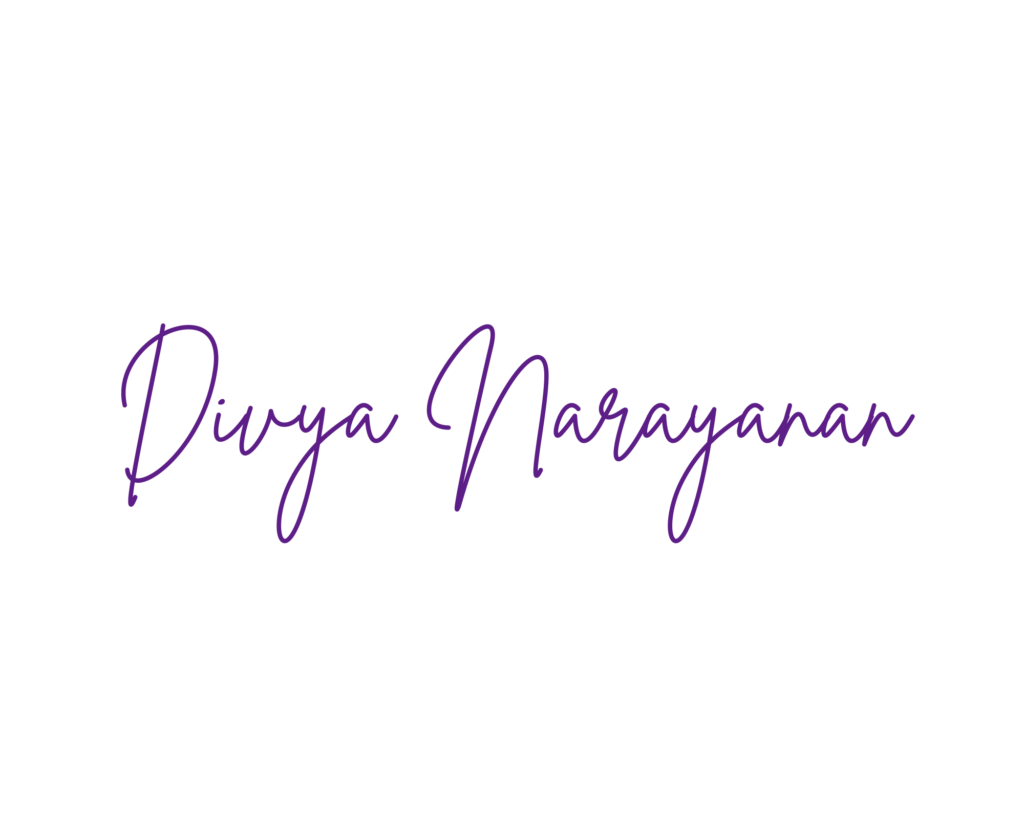In today’s digital age, the abundance of free resources can be both a blessing and a curse. We see that information is readily available at our fingertips. With a quick Google search or a browse through YouTube, we can find countless free resources on virtually any topic. So, why bother investing in courses or books when there’s so much free content out there? Why does Organized Learning Matter?
Although there’s a wealth of free information online, the sheer volume and lack of curation can be overwhelming. Without a clear path or structure, it’s easy to get lost in a sea of unrelated tips, strategies, and advice. In the world of free online resources, the challenge is finding reliable, structured learning materials among the abundance of information.
Organized learning offers several distinct advantages that can help us truly master a subject and achieve our goals. Courses and books are designed by experts in their field to guide you through a subject logically and systematically. They offer a comprehensive overview, ensuring that you cover all the necessary topics and build a solid foundation of knowledge.
Additionally, these resources often offer a depth of content that is hard to find in free resources. They go beyond surface-level information to provide a deeper understanding of complex topics. This depth can lead to greater mastery and proficiency in a subject. Furthermore, courses and books offer a level of credibility and reliability that can be lacking in free resources. By investing in trusted sources, we can be confident that we’re learning from accurate and up-to-date information.

Top 5 Benefits of Organized Learning
Building a System
One of the key benefits of organized learning is that it helps you build a structured system for acquiring knowledge. Instead of piecing together bits of information from various sources, a well-organized course or book provides a framework that guides you through your learning experience. This systematic approach can deepen your understanding and retention of the material.
Quality and Credibility
Not all information found online is accurate or reliable. Courses and books, especially those authored by reputable experts in the field, offer a level of quality and credibility that can be hard to find in free resources. Investing in trusted sources ensures that you’re learning from reliable information and expertise.
Depth and Mastery
While free resources may provide a broad overview of a topic, organized learning allows you to dive deep into a subject and master its intricacies. Courses and books often cover topics in greater detail, providing a more thorough understanding that can lead to mastery.
Inspiration from Experts
Organized learning also gives you the opportunity to learn from experts and thought leaders in your field. By studying their work and following their guidance, you can gain insights and perspectives that can inspire and inform your learning journey.
Finally, the following is a topic that often goes unaddressed in discussions. This is more of a tip to avoid scammers and safeguard your precious time, energy and money.
Avoiding Pyramid Schemes and Endless Buying Cycles
It’s important to be cautious of pyramid schemes or endless cycles of buying products to gain knowledge. True learning is about building a solid foundation of understanding, not constantly seeking the next quick fix or “secret” to success. Look for resources that offer genuine value and avoid those that promise quick results with little effort. Education is an investment that requires a commitment, as nothing truly worthwhile generally comes for free. However, it should not demand your entire wealth. Draw your boundaries wisely.
Always remember that a product you purchase should deliver on its promises and fulfil its intended purpose. It should not require you to buy another product at the end to obtain the information or functionality you were led to expect. It should be complete and self-contained, providing all necessary information and functionality without the need for further purchases or upsells.
Also, it is essential to approach free resources with a critical eye and evaluate them based on their merit and value, rather than solely on the promise of something bigger. Look for transparency in how the free resource is being used as part of a larger marketing strategy, and be highly cautious of any pressure tactics or misleading claims.
For example
A person might create a sense of urgency by claiming that a product is available for a limited time only( in minutes), pushing individuals to buy before they have fully considered their decision. Another common tactic is to make exaggerated or false claims about the benefits or effectiveness of a product, leading individuals to believe that they are getting a better deal than they actually are. These tactics are designed to exploit people’s emotions and vulnerabilities, often resulting in regrettable purchases or decisions. It’s important to be aware of these tactics and to take the time to research and evaluate a product or offer before committing to it. Do not fall for such baits.
So, How To Safeguard Yourself Against Scams and Make the Most of Your Educational Journey?
Identify and seek out individuals who inspire you and whose knowledge and insights resonate with you. By studying their work, whether it’s through books, courses, podcasts, or other resources, you can gain valuable insights and perspectives that can enrich your understanding and approach. It is highly important to choose people who resonate with your ideologies.
While we may admire certain individuals, it’s important to recognize that their approach to work may not always be the most suitable for us, for various reasons. It’s crucial to be aware of this, as it can help us discern which aspects of their work we can incorporate into our own lives and which may not align with our values or goals. This topic will be explored in a separate post and the link will be updated here.
While following experts can be highly beneficial, it’s important to evaluate their teachings and ideas critically and not blindly accept everything they say. Learning should be an active and engaging process, and by combining the insights of multiple experts and sources, you can develop a well-rounded and informed perspective on the subject.
Conclusion
In conclusion, organized learning offers a structured and focused approach to acquiring knowledge and skills. By investing in courses or books from trusted sources, you’re investing in your growth and development, setting yourself up for success in the long run. When it comes to education, it’s important not to see money spent as a waste, even if the outcome isn’t what you expected. Every experience, whether positive or negative, serves as a valuable lesson that contributes to your growth and development.
Just like in trading, where a bad trade teaches you valuable lessons, money spent on education, even if it doesn’t lead to the desired outcome, can provide insights and knowledge that shape your future decisions and actions. Don’t beat yourself down if you have fallen prey to scams earlier. It can happen to anyone, and scammers are often very skilled at manipulating people. Instead, use the experience as a learning opportunity. If you have never fallen for a scam, that’s great! It shows that you are vigilant and cautious with your decisions. Keep up the good work!
Approaching education with this mindset can help you reframe setbacks as opportunities for learning and growth. Instead of focusing on the money spent, focus on the lessons learned and how they can benefit you in the future. By viewing education as an investment in yourself, you can extract value from every experience, regardless of the immediate outcome.
Look at the value not just the price. This holds true for everything in life.
Trade with purpose, invest with wisdom. Until next time, happy trading and may the markets be kind to you!
